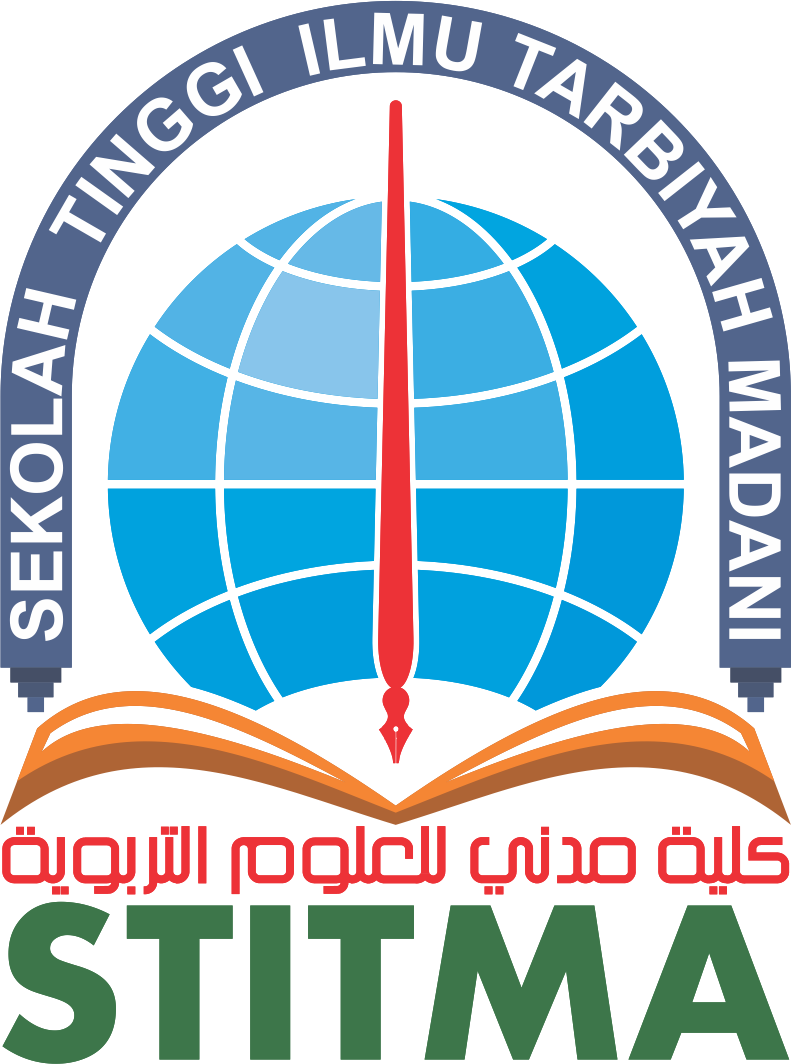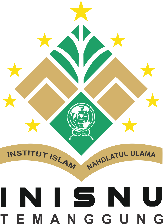The High Motivation of Indonesian Migrant Worker Candidates and Its Implications for Educational Financing
DOI:
https://doi.org/10.59944/postaxial.v3i1.409Keywords:
Migrant Workers, Kerinci Regency, BP2MI, Worker Protection, Education FinancingAbstract
This study examines the role of government policies in supporting and protecting Indonesian migrant workers from Kerinci Regency. With approximately 14,836 migrant workers from Kerinci working abroad in 2024, the need for policies that address their rights, safety, and welfare is increasingly crucial. Through qualitative analysis, this research explores the impact of government initiatives such as pre-departure training, legal assistance, secure remittance channels, and family support programs. These policies, facilitated by the Indonesian Migrant Workers Protection Agency (BP2MI) and local authorities, are analyzed through the lenses of Human Capital Theory, Legal Realism, and Adaptive Management Theory. Findings indicate that these policies significantly enhance the security and well-being of migrant workers, enabling them to achieve financial stability and contribute to community development. This study highlights the importance of continuous policy adaptation to meet the evolving needs of migrant workers, ultimately supporting both individual success and regional growth.
References
Agu, C. (2015). Resource Inflow, Import Leakages and Growth Linkages: Why Remittance Flows Are Not optimised in Nigeria. CENTRAL BANK OF NIGERIA, 53(3), 74.
Arisman, A., & Jaya, R. K. (2020). Labour migration in ASEAN: Indonesian migrant workers in Johor Bahru, Malaysia. Asian Education and Development Studies, 10(1), 27–39.
Collins, M. E., & Loughran, T. A. (2017). Rational choice theory, heuristics, and biases. The Oxford Handbook of Offender Decision Making, 6, 10.
Diyantoro, B., & Alie, M. M. (2014). Pola penggunaan remitan tenaga kerja Indonesia (TKI) serta pengaruhnya terhadap perkembangan daerah asal. Teknik PWK (Perencanaan Wilayah Kota), 3(2), 319–332.
Firmansyah, D., & Saepuloh, D. (2022). Social learning theory: Cognitive and behavioral approaches. Jurnal Ilmiah Pendidikan Holistik (JIPH), 1(3), 297–324.
Fitrianto, I. (2024). Critical Reasoning Skills: Designing an Education Curriculum Relevant to Social and Economic Needs. International Journal of Post Axial: Futuristic Teaching and Learning, 245-258.
Fitrianto, I. (2024). Innovation and Technology in Arabic Language Learning in Indonesia: Trends and Implications. International Journal of Post Axial: Futuristic Teaching and Learning, 134-150.
Fitrianto, I. (2024). Strategi Guru Pai Dalam Mengatasi Kesulitan Belajar Pada Mata Pelajaran Hadis Kelas 8 MTS Ibadurrahman Subaim. IJER: Indonesian Journal of Educational Research, 356-363.
Fitrianto, I., & Abdillah, F. M. (2018). MODEL PEMBELAJARAN PROGAM PEMANTAPAN BAHASA ARAB DAN SHAHSIAH (KEMBARA) KE 4 MAHASISWA KOLEJ UNIVERSITI ISLAM ANTAR BANGSA SELANGOR (KUIS) TAHUN 2018. University of Darussalam Gontor 15-16 September 2018, 121.
Fitrianto, I., & Saif, A. (2024). The role of virtual reality in enhancing Experiential Learning: a comparative study of traditional and immersive learning environments. International Journal of Post Axial: Futuristic Teaching and Learning, 97-110.
https://jdih.bp2mi.go.id/index.php/Content/produk/8/889000402
Huay, C. S., & Bani, Y. (2018). Remittances, poverty and human capital: evidence from developing countries. International Journal of Social Economics, 45(8), 1227–1235.
Khalid, B., & Urbański, M. (2021). Approaches to understanding migration: a mult-country analysis of the push and pull migration trend. Economics & Sociology, 14(4), 242–267.
Kholis, N. (2017). Pola asuh dan persepsi sekolah anak buruh migran. Yinyang: Jurnal Studi Islam Gender Dan Anak, 12(1), 35–56.
Kim, J., Gutter, M. S., & Spangler, T. (2017). Review of family financial decision making: Suggestions for future research and implications for financial education. Journal of Financial Counseling and Planning, 28(2), 253–267.
Larasati, K. D. (2023). Dampak Peningkatan Status Ekonomi Keluarga Pekerja Migran Indonesia (PMI) Terhadap Perilaku Konsumen Di Kecamatan Anak Ratu Aji Kabupaten Lampung Tengah (Perspektif Ekonomi Islam). IAIN Metro.
Ma, J., Zhang, C., & Wang, J. (2024). Structural transformation under Maslow’s hierarchical needs: A numerical experiment. 2024 International Conference on Big Data and Digital Management, 49–53.
Marsel, B. Y., Sudey, N. S., & Nau, N. U. W. (2022). Analisis Strategi Kebijakan Migrasi Internasional Pemerintahan Jokowi Jilid I Dalam Penanganan Human Trafficking. Global Political Studies Journal, 6(2), 107–122.
Maryam, S., Mahyiddin, Z., & Faudiah, N. (2022). Ilmu Kesejahteraan Keluarga. Syiah Kuala University Press.
Menard, P., Warkentin, M., & Lowry, P. B. (2018). The impact of collectivism and psychological ownership on protection motivation: A cross-cultural examination. Computers & Security, 75, 147–166.
MOU Pemda Kerinci dengan BP2MI RI di Jakarta nomor 18 tahun 2022
Nizar, N. I., & Nazir, A. (2020). Faktor Human Capital Pada Pertumbuhan Ekonomi Kreatif. Jurnal Mandiri: Ilmu Pengetahuan, Seni, Dan Teknologi, 4(1), 52–65.
NOVITASARI, N. (2022). ANALISIS FAKTOR-FAKTOR YANG MEMPENGARUHI MINAT MANTAN PEKERJA MIGRAN INDONESIA (PMI) UNTUK BEKERJA KEMBALI KE LUAR NEGERI (STUDI KASUS KABUPATEN KERINCI). Universitas Jambi.
Peraturan Daerah Pengelolaan Ketenagakerjaan Kabupaten Kerinci Nomor 2 Tahun 2024
Rahmany, S. (2018). Analisis Faktor-Faktor Yang mempengaruhi Tenaga Kerja Bekerja di Luar Negeri Serta Implikasinya Terhadap Kesejahteraan Keluarga Dilihat Dari Perspektif Islam. IQTISHADUNA: Jurnal Ilmiah Ekonomi Kita, 7(1), 51–73.
Ryan, R. M., & Deci, E. L. (2020). Intrinsic and extrinsic motivation from a self-determination theory perspective: Definitions, theory, practices, and future directions. Contemporary Educational Psychology, 61, 101860.
Surur, M., Wibawa, R. P., Jaya, F., Suparto, A. A., Harefa, D., Faidi, A., … Purwanto, A. (2020). Effect of education operational cost on the education quality with the school productivity as moderating variable. Psychology and Education, 57(9), 1196–1205.
Suyanto, S. (2023). Tinjauan Hukum Pidana: Eksplorasi Bibliometrik tentang Perkembangan dan Inovasi Riset. Sanskara Hukum Dan HAM, 2(01), 30–41.
Tuwu, D. (2018). Peran pekerja perempuan dalam memenuhi ekonomi keluarga: dari peran domestik menuju sektor publik. Al-Izzah: Jurnal Hasil-Hasil Penelitian, 13(1), 63–76.
Virk, R., Corner, A. J., Combs, J. G., & Jaskiewicz, P. (2024). Social exchanges in family businesses: A review and future research agenda. Family Business Review, 37(3), 320–346.
Yulianto, F., & Furqan, M. (2022). Pekerja Migran Sirkuler dalam Peningkatan Kesejahteraan Sosial Keluarga di Desa Ngemboh Kecamatan Ujungpangkah Kabupaten Gresik. Jurnal Al-Ijtimaiyyah, 8(1), 131–152.
Yuniarto, P. R. (2012). Dari Pekerja ke Wirausaha: Migrasi Internasional, Dinamika Tenaga Kerja, dan Pembentukan Bisnis Migran Indonesia di Taiwan. Jurnal Kajian Wilayah, 3(1), 73–102.






